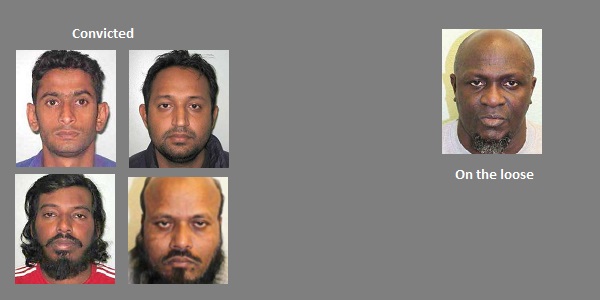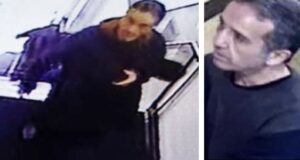FOUR MEN from various parts of East London have been found guilty of money laundering on account of the parts they played in a plot to steal over £3 million – after a trial lasting five months.
The verdicts were announced at Southwark Crown Court yesterday, 22nd May – and the four will return to the court on 21st June to hear their sentences. A fifth man, from south London, absconded during the trial and was convicted in his absence.
The charges came after the Metropolitan Police Cyber Crime Unit had carried out a four year investigation into a complex crime. The men had managed to alter the email account of their victim, a businessman, so that they could send emails in his name which the victim could not see. They also intercepted genuine messages to the victim from his bank and from his accountant – making sure he did not get to see them.
In January 2015, the gang made their move. They transferred £1.3 million out of the victim’s bank account into other bank accounts which they controlled. They then made further transfers of funds, trying to mask where the money had come from. However, the police were right behind them – following the transfers and collecting evidence – from bank, phone and computer records. Eventually the police raided the homes of all of their suspects, collecting further evidence which was to lead to the convictions.
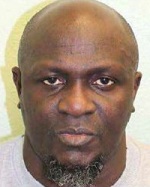 Anthony Oshodi, 49, of Dumbreck Road, SE9, was found guilty of one count of money laundering, one count of possession of a false identity document and three counts of possession of articles for use in fraud. Oshodi fled three weeks into the trial but was convicted in his absence.
Anthony Oshodi, 49, of Dumbreck Road, SE9, was found guilty of one count of money laundering, one count of possession of a false identity document and three counts of possession of articles for use in fraud. Oshodi fled three weeks into the trial but was convicted in his absence.
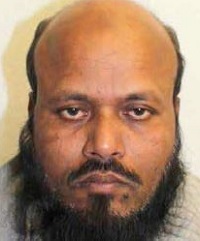 Foyjul Islam, 31, of Aberfeldy Street, E14, was found guilty of one count of money laundering.
Foyjul Islam, 31, of Aberfeldy Street, E14, was found guilty of one count of money laundering.
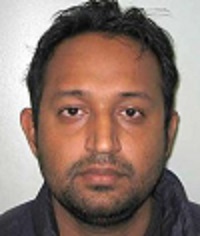 Mohammed Siddique, 32, of Chancellor Way, Dagenham, RM8, was found guilty of three counts of money laundering.
Mohammed Siddique, 32, of Chancellor Way, Dagenham, RM8, was found guilty of three counts of money laundering.
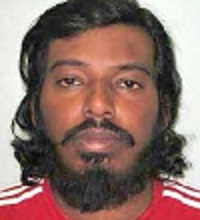 Mohammed Rafeek, 34, of Hockley Avenue, E6, was found guilty of two counts of money laundering.
Mohammed Rafeek, 34, of Hockley Avenue, E6, was found guilty of two counts of money laundering.
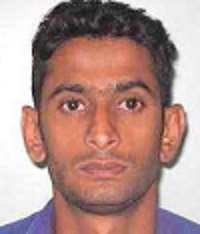 Meharoof Muttiyan, 35, of Hockley Avenue, E6, was found guilty of money laundering.
Meharoof Muttiyan, 35, of Hockley Avenue, E6, was found guilty of money laundering.
The Court heard that Oshodi was pretty much the lynchpin of the operation. There were messages between him and Siddique discussing what to do with the stolen money, and then messages between Siddique and Islam over how to launder the money to escape detection.
Siddique tried to hide some £6,000. Muttiyan helped the gang by transferring smaller sums to various businesses, including an insurance claims company and a computer business. He was also found in possession of a fraudulent cheque for £28,000. Rafeek received over £250,000, which he split up and spread around to escape detection. Islam helped him with this – finding accounts to put money into, and sorting out some of the transfers.
Detective Constable Barry Steel from the Met’s Cyber Crime Unit said, “This was a complicated and protracted investigation which uncovered a network of apparently legitimate businessmen involved in large scale laundering of the proceeds of online criminality. This case should demonstrate how determined the Met is in identifying, disrupting and prosecuting those intent on committing crime online and protecting people and businesses across the city. Officers on this case spent years tracing the actions of this group in order to bring them before the courts. They trawled through thousands of pieces of evidence and linked each suspect to this fraud.
“Oshodi fled three weeks into this trial, but due to the level of evidence produced against him, the jury were able to convict in his absence. We will continue to pursue Oshodi and bring him to justice for his part in this crime.”
•Anyone who has information about Oshodi’s whereabouts is asked to contact the Cyber Crime Unit on 020-7230 8475. Alternatively you can contact Crimestoppers on 0800-555 111 and give information anonymously.
•Read more about it:
Two arrests in Canning Town double murder
Whitechapel murder: man charged, victim named
 East London News A Force for the community…
East London News A Force for the community…
